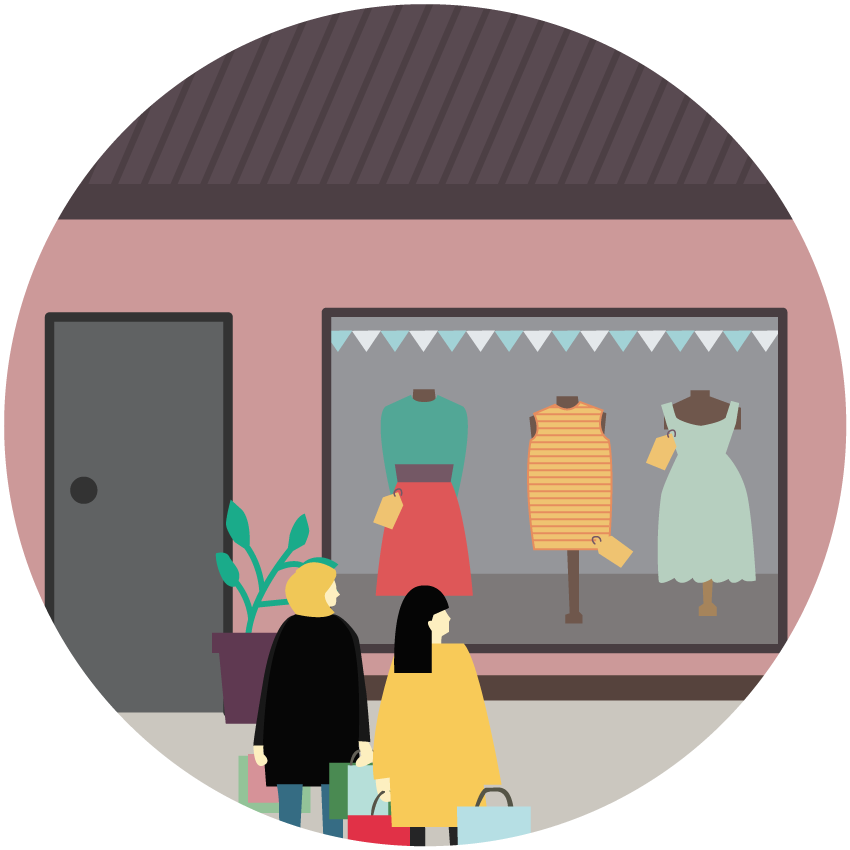
Confidence in the Economy Remains at Historic Low Point
Consumer outlook on the Irish economy remains at one of the lowest levels in the past decade, matched only by the second wave of COVID-19 in October 2020. With only 6% of the population expecting the economy to improve in the coming six months, this is not only one of the lowest individual points in consumer outlook, but one of the longest sustained depressions in mood, with outlook barely changed since April of this year.
Driving this sustained stagnation in outlook is a multitude of factors, the rising cost-of-living chief amongst them. Other issues that Irish consumers are concerned about include higher interest rates; the affordability of housing; and the impact on our economy from a post-Brexit UK.
While concerns are rising in relation to employment, the dominant issue on people’s minds continues to be the cost-of-living. Over three quarters expect their level of discretionary, disposable income to drop in the coming six months, while 93% believe the cost-of-living will worsen. Moreover, there is no end in sight, with only a minority expecting to be in a better position in a year’s time.
All told, this has resulted in almost half of the population saying that they are struggling to make ends meet, a significant increase since January, and with less than a third of the population saying they are not struggling to make ends meet.
With cost-of-living inexorably on the rise, over two thirds of consumers are saving less money than before. We also see consumers reporting an overall lower quality of life; dissatisfaction with how the government has dealt with the cost-of-living crisis so far; and a general malaise which has led to many consumers watching less news and current affairs programming. We also see a substantial number of young people who are considering moving abroad to enjoy a better quality of life elsewhere.
Accordingly, consumers are planning on reigning-in spending this winter with expected spend down on all key categories. In particular, the majority are planning n reducing their spend across entertainment, consumer goods, and holidays, while expecting to have to increase their spend on groceries, home heating, and fuel in the face of rising costs.
Download the full report here: